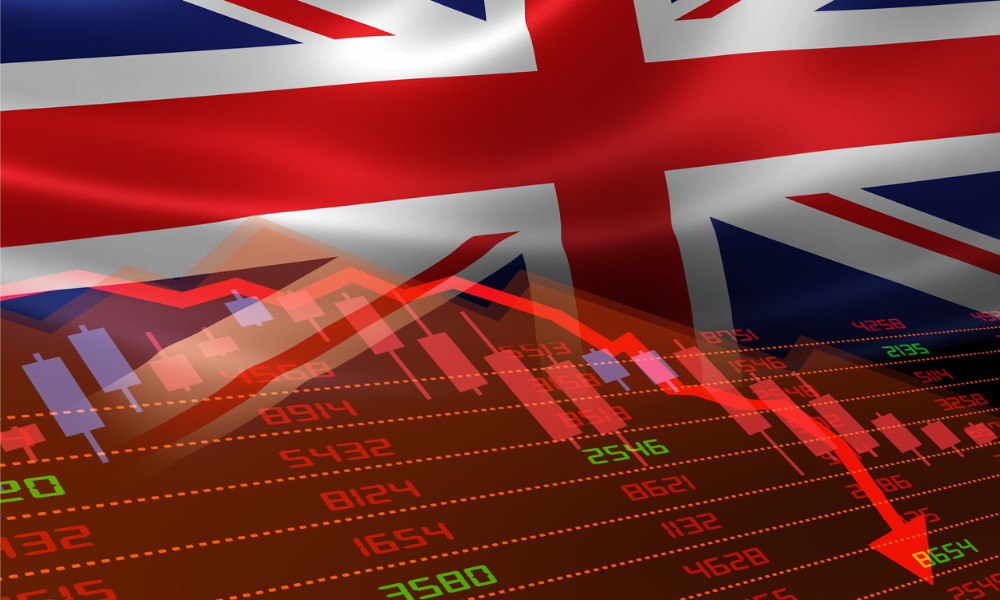GDP declines amid downturn in key sectors

The UK economy took a step back as gross domestic product (GDP) fell by 0.1% in December after a rise of 0.2% in November.
Figures from the Office for National Statistics (ONS) also show that over the three months leading up to the end of December, GDP saw a decline of 0.3%, marking a second consecutive quarter of negative growth. This pattern means the country has entered a technical recession.
“The UK officially exited 2023 in recession with economic growth in December weaker than economists had been expecting, leading to a second quarter of negative growth,” Nicholas Hyett, investment analyst at Wealth Club, commented on the latest GDP figures.
“With inflation lower than expected this week, the news the UK is in recession will lead to growing pressure for the Bank of England to cut interest rates.”
Hyett, however, pointed out that while recession is undeniably negative for the economy, by historical standards, this is still a relatively mild recession.
“This is still a very mild one, and might yet get revised out of existence altogether,” he said. “Whether today’s recession transforms into something that’s remembered outside the pages of an economic history textbook remains to be seen.”
GDP fell 0.1% in December:
— Office for National Statistics (ONS) (@ONS) February 15, 2024
▪️ services fell (-0.1%)
▪️ production grew (+0.6%)
▪️ construction fell (-0.5%)
➡️ https://t.co/EvHGIKsw9Y pic.twitter.com/ZXQ0eMEdaE
Major sectors take a hit
According to the ONS, the GDP downturn is attributed to weaknesses across all three major sectors of the economy, with the services sector experiencing a 0.2% decrease in output on a quarter-on-quarter basis.
Similarly, the construction sector’s output declined by 1.3%, while the production sector saw a reduction of 1% over the same period.
“Our initial estimate shows the UK economy contracted in the fourth quarter of 2023,” commented Liz McKeown, director of economic statistics at the Office for National Statistics. “While it has now shrunk for two consecutive quarters, across 2023 as a whole, the economy has been broadly flat.
“All the main sectors fell on the quarter, with manufacturing, construction and wholesale being the biggest drags on growth, partially offset by increases in hotels and rentals of vehicles and machinery.”
McKeown noted that retail and wholesale were the biggest overall downward pulls on the economy in December, partially offset by growth in computer programming and manufacturing. The latest data also showed that health and education performed less well than initially estimated in both October and November, with early indications suggesting they both contracted in December.
Any thoughts on the state of the UK economy? Let us know by leaving a comment in the discussion box at the bottom of the page.



